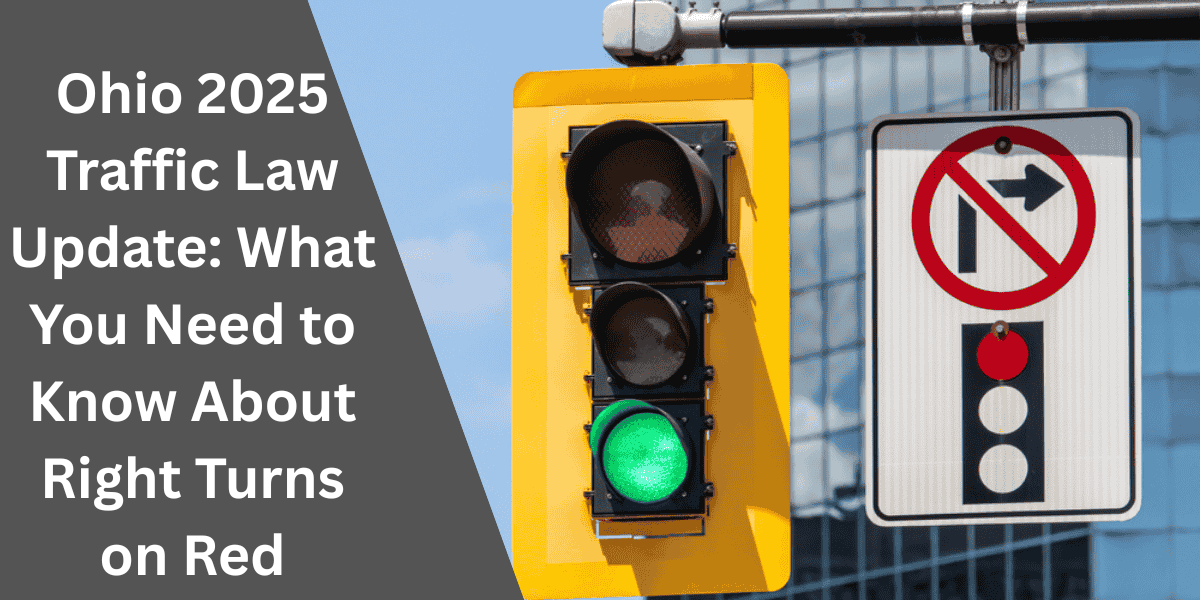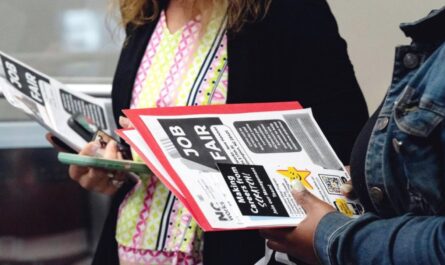During the time that the House of Representatives of the United States of America is voting on President Donald Trump’s “Big Beautiful Bill,” local advocates are working hard to exert their influence on members of Congress. The proposal, which was approved by the United States Senate on Tuesday with a vote of 51-50, proposes significant cutbacks to programs such as Medicaid and the Supplemental Nutrition Assistance Program (SNAP), which could result in millions of Americans being deprived of access to food and medical treatment because of the proposed changes.
More than 891,000 persons in Cook County are among the 1.9 million inhabitants of Illinois that enroll in the Supplemental Nutrition Assistance Program (SNAP). Medicaid provides coverage to over 3.4 million people in the state of Illinois.
Over the next ten years, the plan will reduce the Supplemental Nutrition Assistance Program (SNAP) by $287 billion and the Affordable Care Act and Medicaid by more than one trillion dollars.
According to the office of Governor JB Pritzker, the loss of federal money could result in an annual cost of $1.2 billion for the state.
A statement made by Danielle Perry, vice president of policy and advocacy at the Greater Chicago Food Depository, stated that the food pantries are going to experience the effects of this. Already, the lines are quite lengthy. The numbers are the same as they were during the COVID. What do you think will happen to folks if they are no longer eligible to receive SNAP benefits?
Both the Supplemental Nutrition Assistance Program (SNAP) and Medicaid will be subject to increased job requirements if this law is passed. At this moment, persons who are able-bodied and do not have dependents are required to work a minimum of twenty hours per week or face time limits on their benefits. The proposed bill would broaden the scope of that obligation to include parents of children aged 14 and older as well as older persons between the ages of 55 and 64.
“People have this misconception that people who are on public benefits don’t work or don’t want to work,” said Niya Kelly, director of state legislative policy, equality and transformation at the Chicago Coalition to End Homelessness. “This is a misconception that people have.” “Six out of ten people who are eligible for Medicaid and are able to work are actually employed. When it comes to individuals who are not employed, it could be due to a lack of access to child care, a disability, or the fact that they are enrolled in school.
Following the loss of his job, local SNAP recipient Cody Martin stated that he became involved with the program.
“The minimum,” Martin replied, referring to the $23 that he receives each month from his Supplemental Nutrition Assistance Program (SNAP) benefit. He stated that although it is not a significant amount, it does assist to alleviate some of the pressure that is caused by other bills.
It was Martin who made the statement that “we should all be willing to help one another get back on our feet.”


 by
by 

